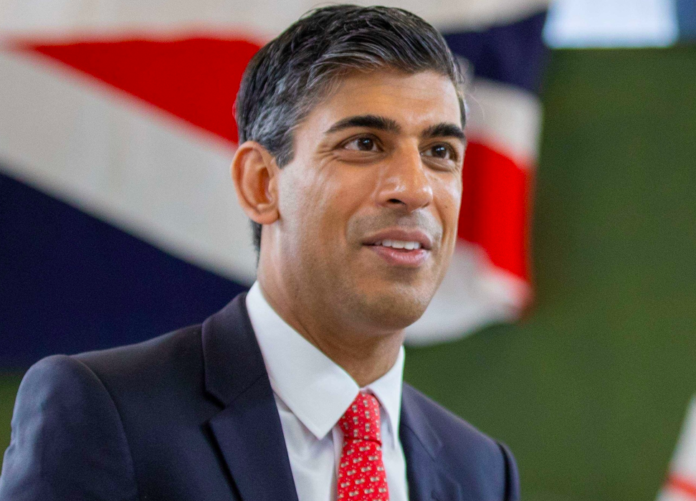In a statement on Wednesday, the UK’s Home Office revealed plans to offer migrants, who arrived in the UK illegally, up to £3,000 to voluntarily relocate to Rwanda. This initiative emerges as part of the British government’s broader strategy, first introduced nearly two years ago, to deport illegal migrants to Rwanda without processing their asylum requests, regardless of their consent. This strategy has sparked considerable controversy and faced international criticism, including from the United Nations.
Prime Minister Rishi Sunak, representing the Conservative party, has declared this issue an “urgent national priority.” Despite the urgency, the UK has yet to successfully deport any migrants to Rwanda, partly due to legal challenges and opposition from various quarters, including significant resistance from the House of Lords.
In an effort to navigate around these hurdles, a new agreement with Kigali has been proposed, focusing on voluntary relocation to Rwanda, as confirmed by a Home Office spokesperson. This agreement leverages Rwanda’s readiness to welcome individuals looking to rebuild their lives outside the UK. In the past year, the UK has seen 19,000 voluntary departures, although specifics regarding their origins or destinations were not disclosed.
The new scheme targets migrants whose asylum applications have been denied, leaving them without legal grounds to remain in the UK but unable to return to their home countries. The Times reports that eligible migrants may receive financial support of up to £3,000 (approximately €3,509), along with up to five years of assistance from Rwandan authorities, including housing aid. Migrants from Afghanistan and Iran are among those who could benefit from this program.
The UK government insists that Rwanda is a “safe” country for migrants. However, this stance is challenged by human rights organizations, which accuse Rwandan President Paul Kagame of creating an environment of fear, stifling dissent, and restricting freedom of expression. Critics argue that such conditions raise serious concerns about the safety and well-being of migrants relocating to Rwanda, casting doubt on the program’s viability and ethical foundation.
This initiative highlights the complex interplay between immigration policy, international relations, and human rights, sparking a debate that touches on the responsibilities of nations to protect vulnerable populations while managing their borders. As the UK Parliament reviews this new bill, the global community watches closely, awaiting the outcome of this controversial proposal.































































